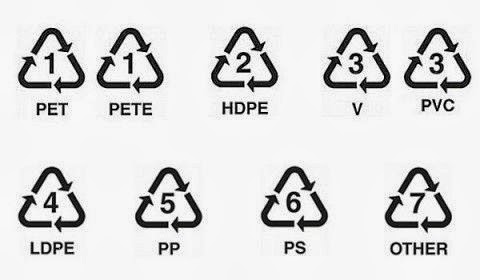Ir al contenido principal
Recommended articles: cryptocurrencies and blockchain

- Proceeding with caution - a survey on central bank digital currency. The hypothetical benefits and risks of central bank digital currencies are being widely discussed. This BIS paper adds to these discussions by taking stock of how progress and plans in this area are developing, based on a global survey of central banks. Responses show that central banks are proceeding with caution and most are only at a conceptual stage with their work. However, a handful have moved to considering practical issues and a couple of central banks with idiosyncratic circumstances might issue a digital currency in the short or medium term (BIS).
- Beyond the doomsday economics of "proof-of-work" in cryptocurrencies. This paper discusses the economics of how Bitcoin achieves data immutability, and thus payment finality, via costly computations, ie "proof-of-work". Further, it explores what the future might hold for cryptocurrencies modelled on this type of consensus algorithm. The conclusions are, first, that Bitcoin counterfeiting via "double-spending" attacks is inherently profitable, making payment finality based on proof-of-work extremely expensive. Second, the transaction market cannot generate an adequate level of "mining" income via fees as users free-ride on the fees of other transactions in a block and in the subsequent blockchain. Instead, newly minted bitcoins, known as block rewards, have made up the bulk of mining income to date. Looking ahead, these two limitations imply that liquidity is set to fall dramatically as these block rewards are phased out. Simple calculations suggest that once block rewards are zero, it could take months before a Bitcoin payment is final, unless new technologies are deployed to speed up payment finality. Second-layer solutions such as the Lightning Network might help, but the only fundamental remedy would be to depart from proof-of-work, which would probably require some form of social coordination or institutionalisation (BIS).
- The economics of cryptocurrency pump and dump schemes. The surge of interest in cryptocurrencies has been accompanied by a proliferation of fraud, largely in the form of pump and dump schemes. This column provides the first measure of the scope of such schemes across cryptocurrencies. The results suggest that the phenomenon is widespread and often quite profitable, and highlight the need for concerted efforts from industry and regulators to fight cryptocurrency price manipulation (VOX).
- Collusion By Blockchain And Smart Contracts. Blockchain may transform transactions the same way Internet altered the dissemination and nature of information. If that were to be the case, all relationships between companies would change, including prohibited ones such as collusive agreements. For that reason, the stakes are fundamental and the absence of academic studies entirely dedicated to the issue must be remedied. To this end, this article introduces the first taxonomy of collusion on blockchain. The discussion then moves on to explore their functioning, their robustness and their limits through the three fundamental stages of the existence of collusive agreements: their birth, life and death. The article further highlights how companies may use smart contracts and sophisticated algorithms to collude in the blockchain environment, thus contributing to the literature solely focused on algorithms. Using empirical studies, economic analyses and existing case law, we draw legal conclusions that we extend beyond the sole blockchain technology. Along the way, we propose methods of action for antitrust and competition agencies (SSRN).
- Blockchain 2.0: What’s in store for the two ends—semiconductors (suppliers) and industrials (consumers)? Ten years after blockchain’s inception, it is presenting new opportunities for both suppliers, such as semiconductor companies, and consumers, such as industrials (McKinsey).



Comentarios